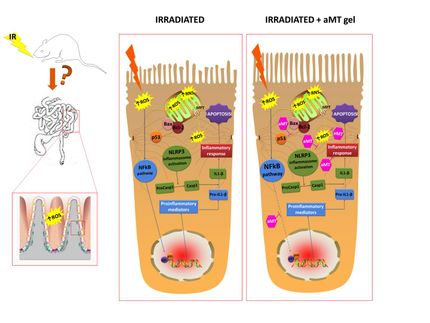Oncolytics Biotech Completes Patient Enrollment in Phase I Portion of U.S. Phase I/II Recurrent Malignant Gliomas Clinical Trial
Oncolytics Biotech Inc. announced that it has completed Phase I patient enrollment in its Phase I/II clinical trial to investigate the use of REOLYSIN(R) for patients with recurrent malignant gliomas (REO 007). The principal investigator is Dr. James Markert, Division Director of neurosurgery, and Professor, Neurosurgery and Physiology, the University of Alabama at Birmingham.
The Phase I portion of the trial treated 15 patients in five cohorts with doses escalating from 1x10(8) TCID(50) to 1x10(10) TCID(50). The treatment was shown to be safe and well tolerated and no maximum tolerated dose (MTD) was reached.
"With enrollment in the Phase I portion of this trial now complete, we are evaluating next steps in this indication based on the currently evolving standard of care," said Dr. Brad Thompson, President and CEO of Oncolytics. "Our broader clinical program is increasingly focused on assessing the synergistic effects of REOLYSIN with currently approved therapies and we have completed substantial preclinical work in combination with a number of commercially available products that are relevant to this indication including radiation, Temodar and Avastin."
The clinical trial is an open-label dose escalation Phase I/II trial in which a single dose of REOLYSIN was administered by infusion to patients with recurrent malignant gliomas that are refractory to standard therapy. The administration involved the stereotactically-guided placement of a needle into the tumour, through which REOLYSIN was infused into the tumour mass and surrounding tissue using a pump.
The primary objective of the study is to determine the MTD, dose limiting toxicity (DLT) and safety profile of REOLYSIN. Secondary objectives include the evaluation of viral replication, immune response to the virus and any evidence of anti-tumour activity.
Most read news
Organizations
Other news from the department research and development

Get the life science industry in your inbox
By submitting this form you agree that LUMITOS AG will send you the newsletter(s) selected above by email. Your data will not be passed on to third parties. Your data will be stored and processed in accordance with our data protection regulations. LUMITOS may contact you by email for the purpose of advertising or market and opinion surveys. You can revoke your consent at any time without giving reasons to LUMITOS AG, Ernst-Augustin-Str. 2, 12489 Berlin, Germany or by e-mail at revoke@lumitos.com with effect for the future. In addition, each email contains a link to unsubscribe from the corresponding newsletter.






















































